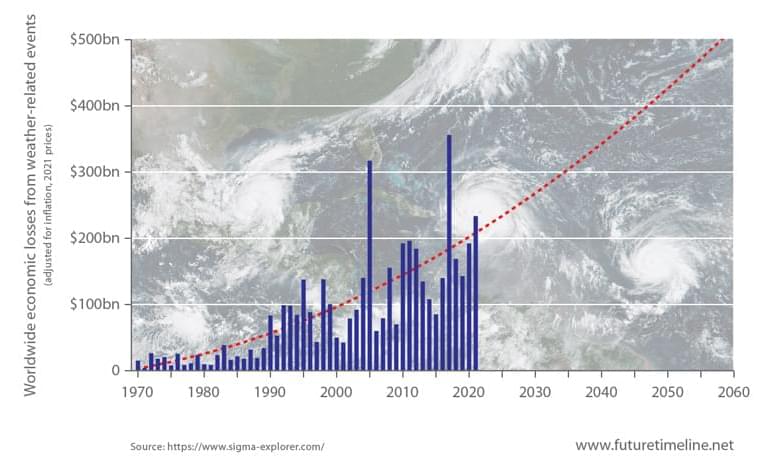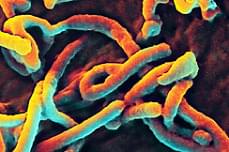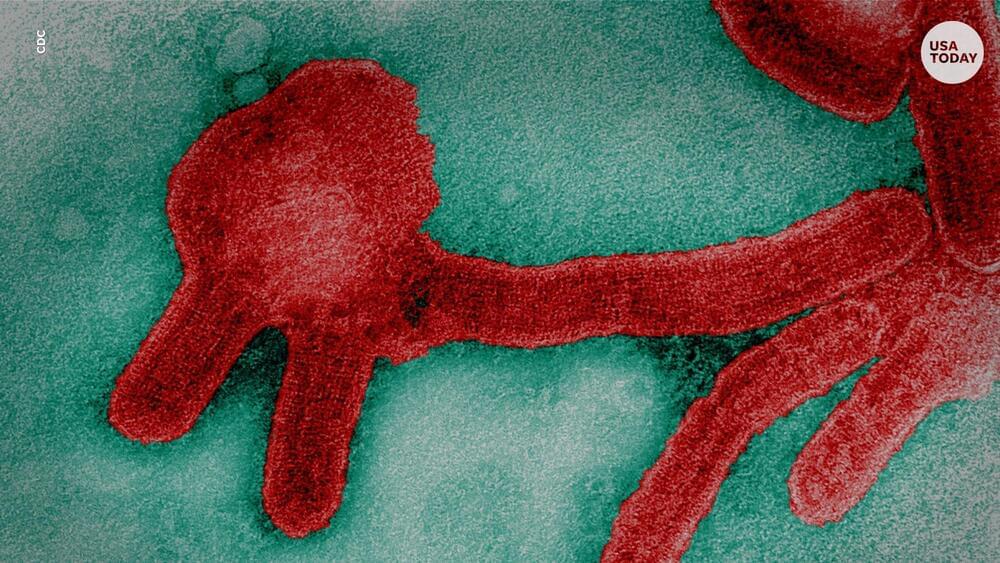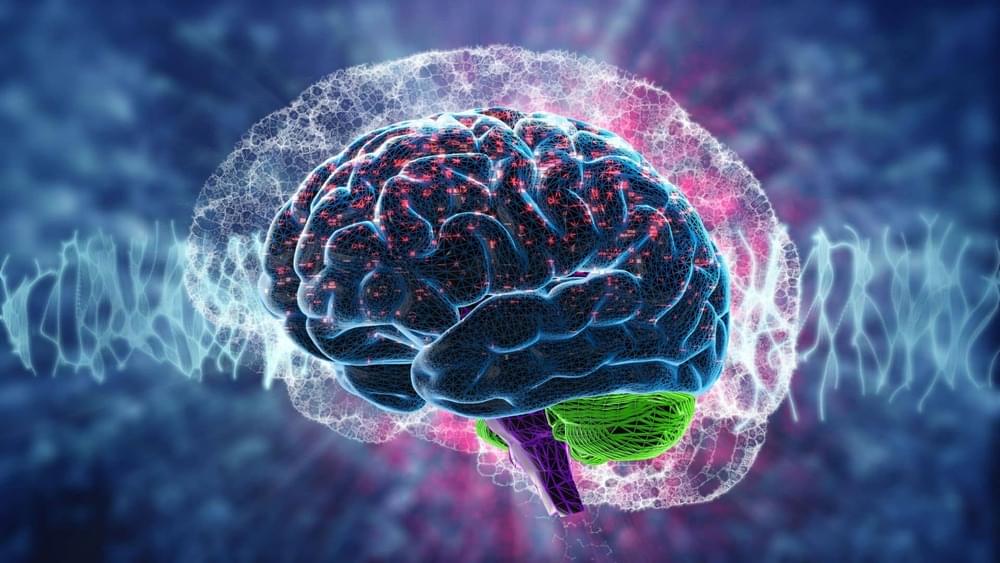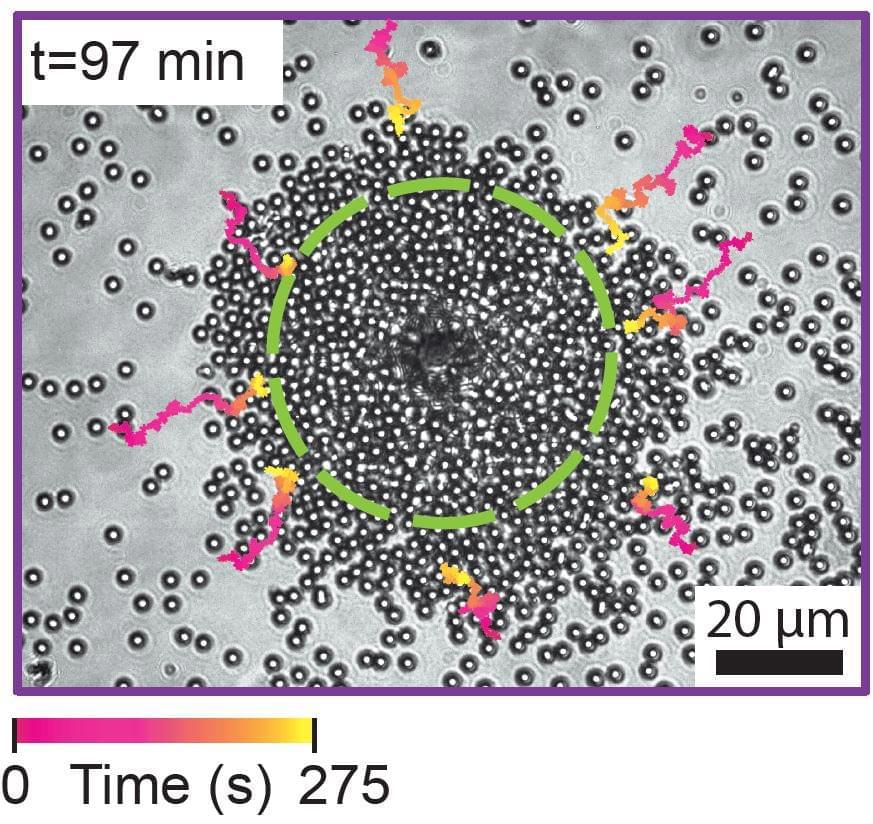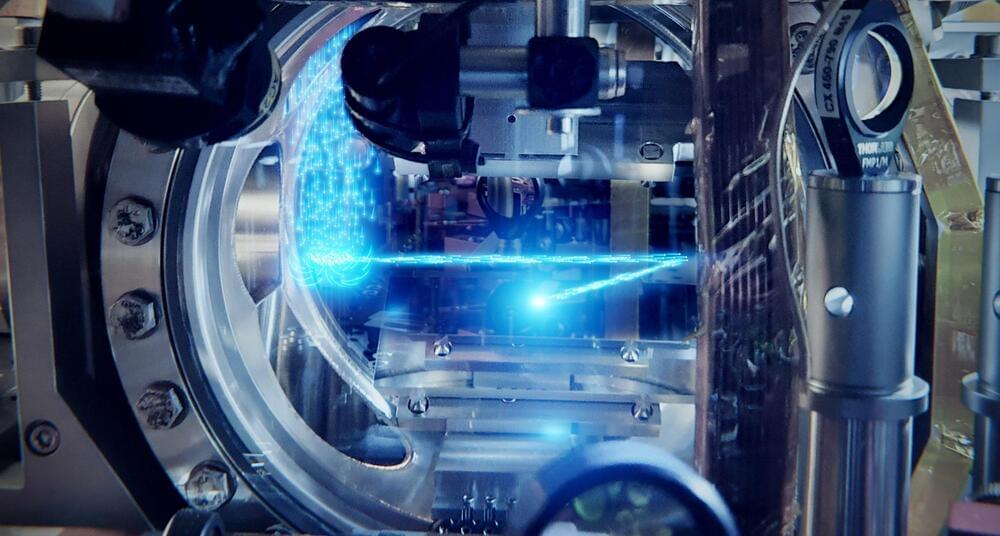This graph shows the worldwide economic losses from weather-related events, from 1970 through to the present day, with a future trend projected out to 2060.
The data here is from Swiss Re, the world’s largest reinsurer, and is adjusted for inflation at 2021 prices. It excludes non-weather disasters, such as earthquakes, tsunamis, and volcanic eruptions.
A significant gap exists between the total economic damages and the losses protected by insurance. For example, the worldwide figure for weather-related disasters in 2021 amounted to $233.27 billion, of which insurance covered “only” $101.12 billion.
